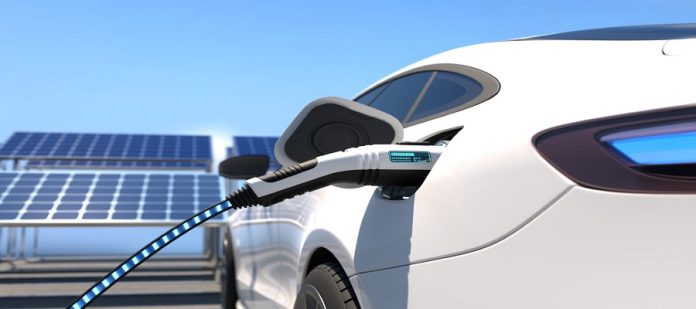Since the introduction of Delhi’s EV policy in August 2020, the number of registered electric vehicles in the city has surpassed 100,000. According to the transport department, a total of 124,846 electric vehicles were sold as of May. Among these, 65% were comprised of two-wheelers and three-wheelers, while four-wheelers accounted for 10.24% of the total.
In the month of May alone, electric vehicles made up 14.5% of the overall vehicle sales, with 7,611 electric vehicles being registered. In an effort to encourage greater adoption of electric vehicles in the workplace, the Delhi government has planned to provide subsidies and affordable charging facilities for government employees in its upcoming EV policy.
According to an official, the government currently provides subsidies for the purchase of electric vehicles (EVs). However, the objective is to further promote the adoption of four-wheelers, specifically targeting government employees who will receive an additional subsidy through the Delhi Finance Corporation (DFC). As part of the plan, charging infrastructure and units will be installed in various government offices and Delhi Transport Corporation (DTC) depots to cater to the needs of employees and other government staff.
To accommodate the growing number of buses and gradually encourage private charging, the Delhi government intends to construct nine new bus depots throughout the city. By 2030, the Indian government aims for a 30% penetration of EVs, while the Delhi government’s goal is to ensure that 25% of all new vehicle registrations in Delhi are electric vehicles by 2024.
Delhi’s EV policy, which will mark its three-year anniversary in August, provides a subsidy linked to battery capacity for two-wheelers and three-wheelers. The city currently boasts 2,794 public charging points, 1,550 private charging points, and 256 battery-swapping stations. Over the next six months, Delhi plans to introduce an additional 446 electric vehicle charging points across 193 public locations. Senior officials have confirmed that the installation of these 400-plus charging points will be facilitated by discoms (distribution companies) in the coming months.
The primary objective of the Delhi government’s EV policy is to expedite the adoption of electric vehicles in order to combat air pollution and enhance public health.









